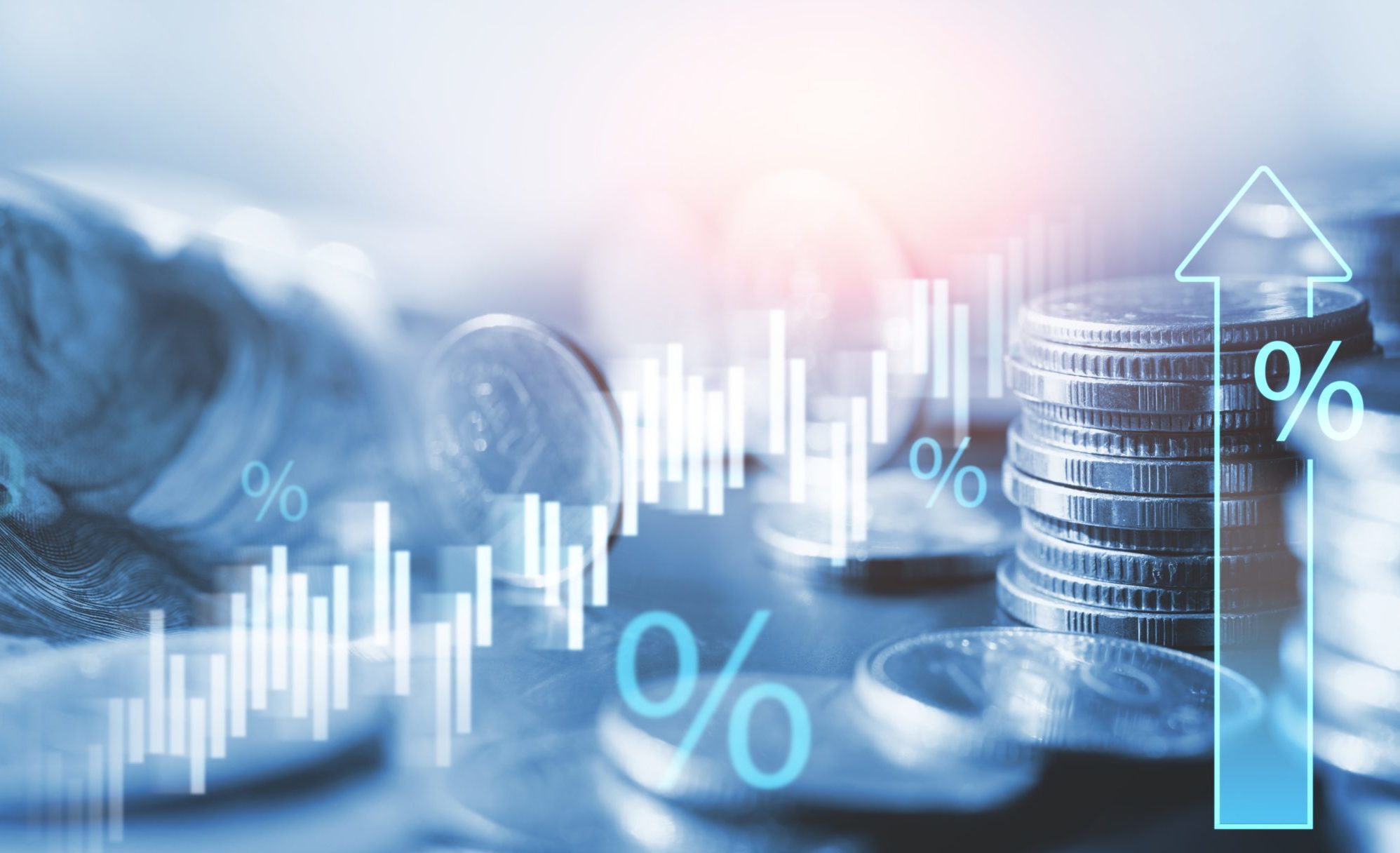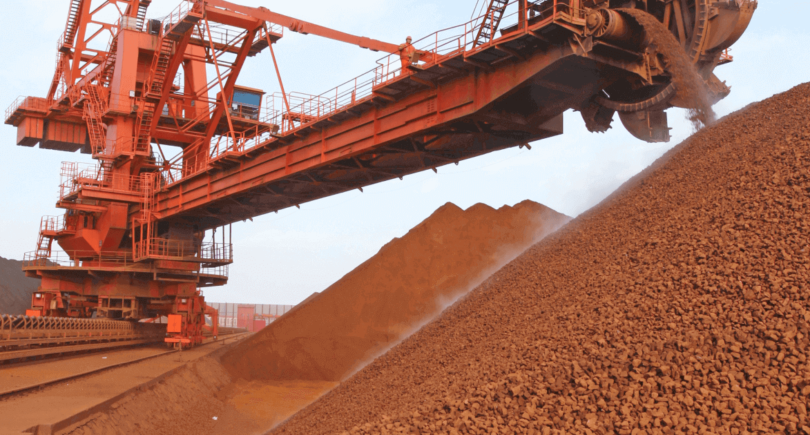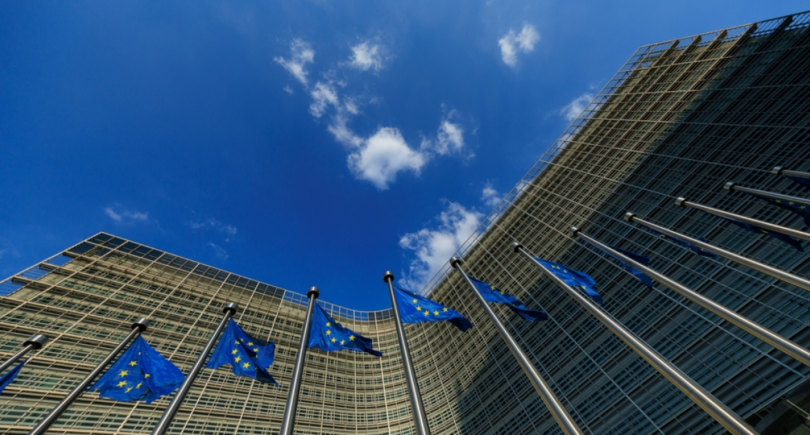
News Global Market Germany 4836 17 January 2024
In December, inflation in Germany accelerated to 3.7% y/y
Inflation in Germany slowed to +5.9% in 2023 compared to +6.9% in 2022. This is evidenced by data from the German Federal Statistical Office Destatis.
«In 2023, the inflation rate was below the historical high of 2022. However, the rate remains high at almost 6%. As in the previous year, inflation in 2023 was affected by the consequences of the war and the crisis, which shaped price dynamics at all levels of the economy,» Ruth Brand, President of Destatis, said.
During 2023, energy prices in Germany increased by 5.3% y/y after a significant increase of 29.7% in 2022.
«Last year, there was a general slowdown in the growth of energy prices. The monthly growth rate of energy prices was significantly lower than in 2022 and in the winter of 2023. In October and November, prices even showed a downward trend. However, the slight increase in 2023 is mainly the result of a comparison with the high price levels in 2022,» the report says.
At the same time, food prices rose especially sharply over the year – by 12.4% y/y.
The annual inflation rate excluding food and energy (core inflation) in 2023 was +5.1% after +3.8% in 2022.
In December, inflation in Germany accelerated to 3.7% yoy compared to 3.2% yoy in November. Compared to the previous month, the figure increased by 0.1%. Energy prices fell by a total of 1.9% m/m. Excluding food and energy prices, the inflation rate in December 2023 would have been +3.5% m/m.
As GMK Center reported earlier, the German economy decreased by 0.3% in 2023 compared to 2022. The figure fell for the first time since 2020, driven by high inflation, rising interest rates and a downturn in economic activity both at home and abroad. Adjusted for inflation and calendar factors, Germany’s economy shrank by 0.1% y/y in 2023.




